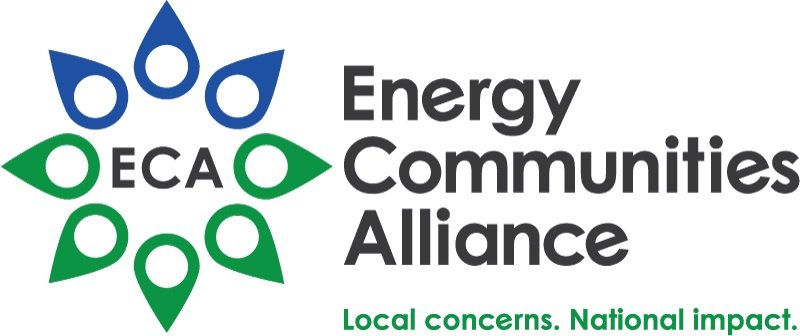"We need to be prepared for a disruption" of critical mineral for US energy, national defense - says head of nuclear energy office
Dr. Katy Huff, Assistant Secretary for the Department of Energy Office of Nuclear Energy (DOE-NE), testified yesterday that the United States needs “to be prepared for a disruption in supply” of highly enriched uranium, the fuel for nuclear power plants that is currently supplied by Russia.
During a full committee hearing of the Senate Committee on Energy & Natural Resources, Huff responded to questions posed by Chairman Sen. Joe Manchin (D-WV) about the ability of the U.S. to maintain its nuclear energy capacity if Russia were to stop supplying fuel.
“Continued reliance on fuel, particularly conversion and enrichment from the Russian federation, puts our energy supply chain at risk for the 20 percent of the electricity in this country that is provided by clean nuclear power,” Huff said. “We’re very concerned about making sure that we can support and strategically invest in that domestic fuel cycle.”
Huff went on to say that the U.S. is “talking to our partners and allies that are capable of helping us with that supply chain and engaging with them on a forward moving plan over the course of the coming years that should expand it – but it will require investment.”
Manchin pressed Huff further on the potential ramifications of a blockade from Russia of the critical mineral, positing a potential drawback due to the U.S.’s support of Ukraine following the Russian invasion.
“We would have a little time to continue operating our plants and refueling them, but an immediate blockade of Russian federation fuel would require that we draw down some of the inventory in our borders,” Huff responded. “We expect that there’s a few years of that inventory available that could be shared among our facilities.”
“We’re engaging actively with our allies and partners across the world, but there’s a broad deficit in supply were Russia to stop supplying to all of the peaceful democratic world,” she continued. “Everyone would have to work together to expand that.”
Further emphasizing this crucial point, Manchin asked if pullback of Russian uranium would be “a critical concern to national defense,” which Huff affirmed.
DOE has taken some steps to address this issue, particularly for the sake of advanced nuclear reactors. In November, the Department announced an approximately $150 million cost-shared award to demonstrate the nation’s ability to produce high-assay low-enriched uranium (HALEU) —a crucial material needed to develop and deploy advanced reactors in the U.S.
The award includes a $30 million cost share during the first year to start up and operate 16 advanced centrifuges in a cascade at an enrichment facility in Piketon, Ohio.
As reported by Reuters, the Biden-Harris administration projects that more than 40 tons of HALEU will be needed before the decade ends, with additional amounts required each year, to deploy reactors to support its goal of reaching 100% clean electricity by 2035.
The U.S. has struggled to produce commercial HALEU. Washington awarded a shared-cost contract in 2019 to Centrus to build a demonstration facility which was due to start making HALEU this year. Production got pushed back to 2023, partly because of delays in obtaining storage containers due to supply chain issues during the global pandemic, Centrus has said.
ECA will be discussing these key issues and others as part of the New Nuclear Initiative and our next ECA Forum on May 17-19, 2023 in Paducah, Kentucky. Additional details on this meeting will be coming soon.
